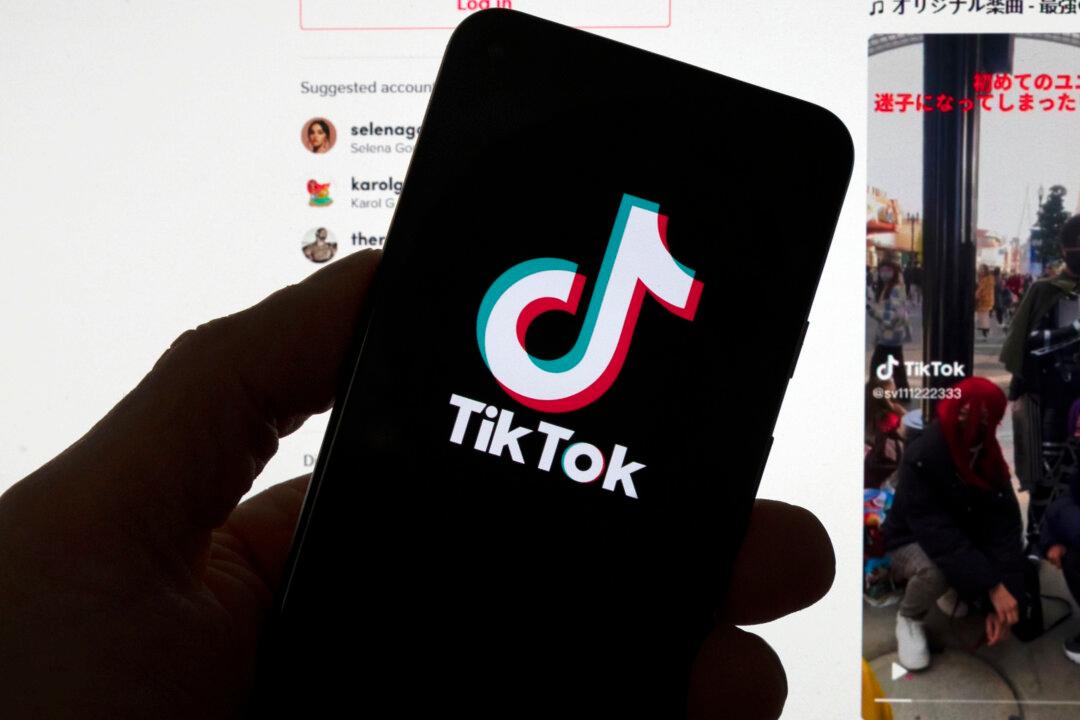Beijing stated on Jan. 20 that any acquisition of TikTok should be done according to “China’s laws and regulations” after U.S. President-elect Donald Trump proposed a joint venture model to keep the app running in the United States.
TikTok went dark for hours on Jan. 19 as a ban on the app took effect. The social media app was banned from the United States because its parent company, China-based ByteDance, is subject to the control of the Chinese communist regime, a foreign adversary of the United States, and had not divested from California-based TikTok Inc. before a deadline imposed by a congressional act.





